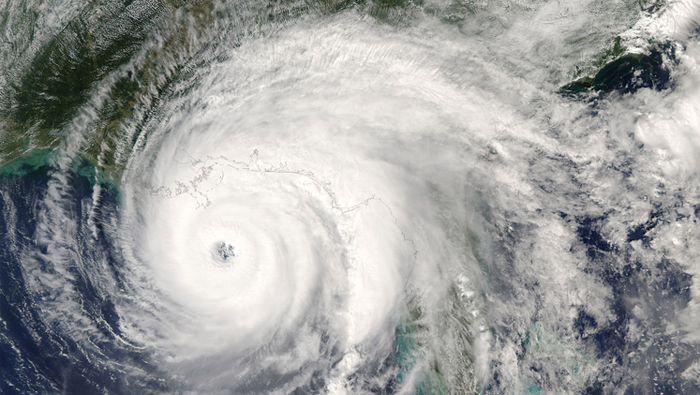The recent destruction left by Hurricane Ida over the southern and eastern United States has created an opportunity for affected employers to understand the relationship between natural disasters and employment law. For example, employers can experience damaged or closed businesses and displaced employees, which creates questions about pay and timekeeping Undeniably, whether it is a hurricane, tornado, wildfire, or earthquake, natural disasters have huge effects on businesses of all sizes. Most important, employers must be aware of their obligations under state and federal law during and after a disaster strikes. In summary, regarding employee compensation during disasters, the U.S. Department of Labor (DOL) oversees the regulations that employers must follow. Previously, in July 2021, the DOL announced a final rule dissolving the newly created 2020 Joint Employer Rule.
Fair Labor Standards Act (FLSA)
Basically, no rule can better address the relationship between natural disasters and employment law than the Fair Labor Standards Act. The Fair Labor Standards Act (FLSA) establishes minimum wage, overtime pay, recordkeeping, and youth employment standards. As can be seen, the coverage of the FLSA varies depending on the classification of the employee:
- Non-exempt employees. The FLSA requires employers to pay non-exempt employees for hours worked. Therefore, an employer is not required to pay a non-exempt employee if a natural disaster prevented work from occurring.
- Exempt employees. Employers are required to pay an exempt employee’s full salary if the worksite is closed for less than a workweek. However, an employer may require exempt employees to use paid leave for this period.
- Exempt employees who choose to stay home. Suppose a business is open, yet an employee elects to stay home for disaster-related reasons. In that case, the DOL considers that an absence for personal reasons. For example, an employee could face transportation issues due to the disaster. On this occasion, an employer may place an exempt employee on leave without pay or make them use vacation time. However, it is important to note that the employee must take an entire day in that instance. The FLSA does not permit a deduction from salary for less than a whole day’s absence.
Additionally, the FLSA dictates the following actions as it relates to natural disasters and employment law:
- on-call time,
- waiting time,
- volunteer time, and
- the Worker Adjustment and Retraining Notification Act (WARN).
Employers can look on the DOL’s website for more information about the FLSA and its relationship to natural disasters and employment law.
Emergency Preparedness Safety Training
Markedly, recent natural disasters, mass shootings, and large wildfires have underscored the importance of emergency preparedness. For example, workplace emergencies such as fires, explosions, earthquakes, tornadoes, hurricanes, violence, and other disasters can seriously threaten employee safety. Consequently, failure to adequately respond to a workplace emergency can result in serious injuries or fatalities. Personnel Concepts has developed an online, interactive Emergency Preparedness Safety Training Program for Employees to assist employers. Explicitly, businesses of any size and industry can comply with federal and state workplace safety regulations by using this resource.

